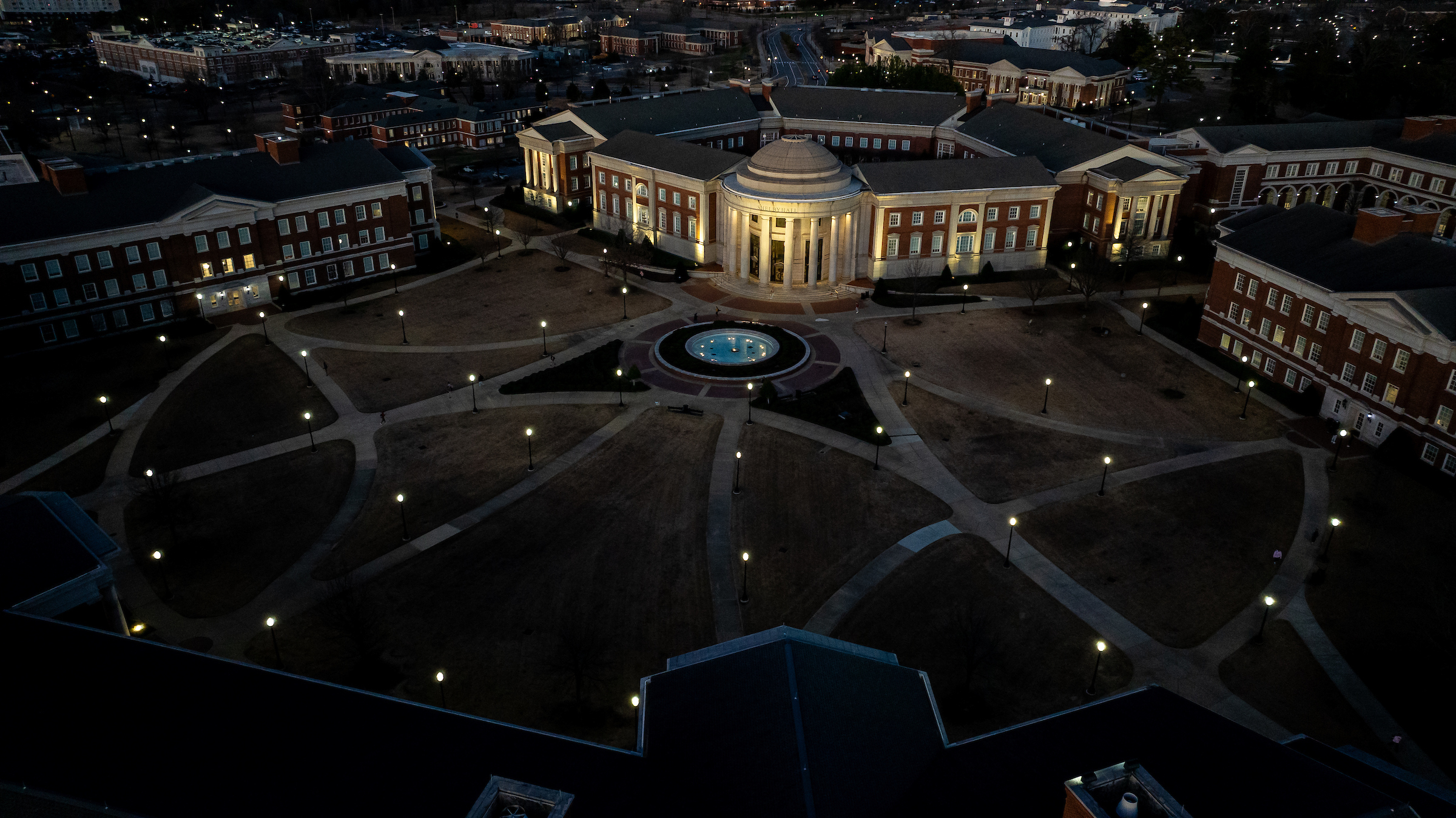Teachers go back to school – Crimson White feature
Article below from the CW.
ASM Materials Camps gives local teachers something to do with their studentsTeachers ask students to say a lot of things, but the ASM Materials Camp teaches teachers how to get their students to express wonder.
“The philosophy of the camps is to give students a ‘Wow!’ or ‘What the heck’ moment to get their attention,” said Martin Bakker, associate professor of chemistry.
The five-day camp concluded last week and covered about 50 different affordable, hands-on activities.
“The purpose of the camp is to give middle and high school science and math teachers hands on experiments/demonstrations that their students can do,” he said. “These experiments are interesting for the students, and so they are motivated to learn the science that underpins the experiment,” he said.
The 23 middle and high school teachers who participated received continuing education credit for the camp.
“All teachers love to learn something new that they can take back to their classroom,” Bakker said. “They also leave with samples of the materials so that they can do it in their own classes.”
One activity included constructing clay pots, which were then heated to 1200 degrees in an oven, until they glowed orange.
Science Teachers Can Enjoy Summer Camp, Too
Reprinted from the Crimson White.
For the third year, teachers from around the state and southeast regions will be traveling to the University’s ASM Material Camp. The camp is designed to guide middle and high school science teachers on interactive ways to instruct students in the physical sciences. The camp will be June 3-7 on campus.
Dr. Martin Bakker, associate professor of chemistry, was approached in late 2010 by ASM International to host a camp. The first materials camp drew 18 teachers; the second year attracted 23. Bakker said the purpose of the camp is to show teachers experiments using common materials found at local home improvement stores.
“The philosophy of the week is for the teacher to show students experiments that attract their attention,” Bakker said. “Afterward teachers can explain how it’s important and what students can learn from it.”
Dr. Greg Thompson, professor in the department of metallurgical and materials engineering, joined Bakker in 2012 to co-host the second materials camp. Thompson said teachers need to engage middle school and high school students in science, math and engineering.
